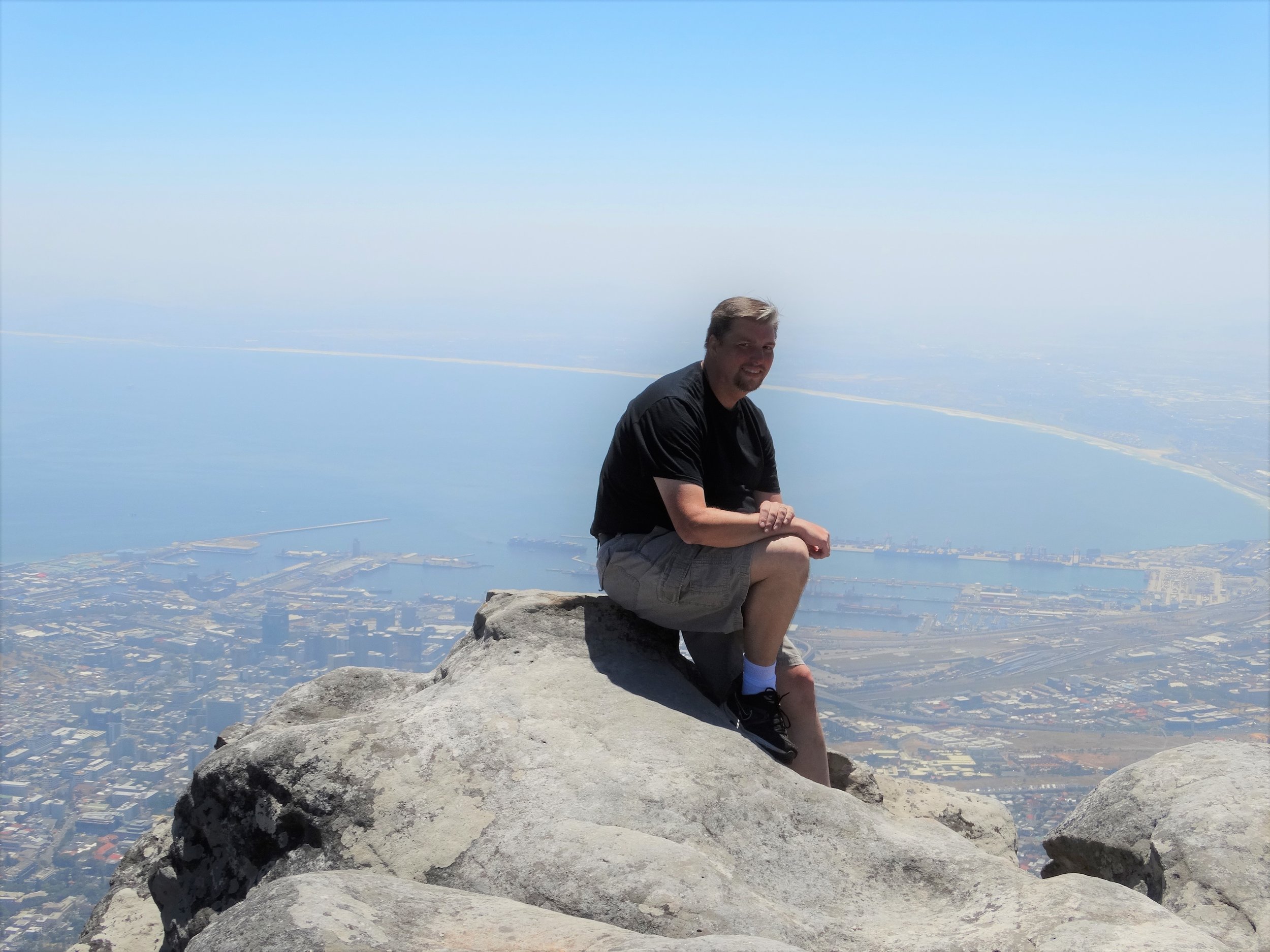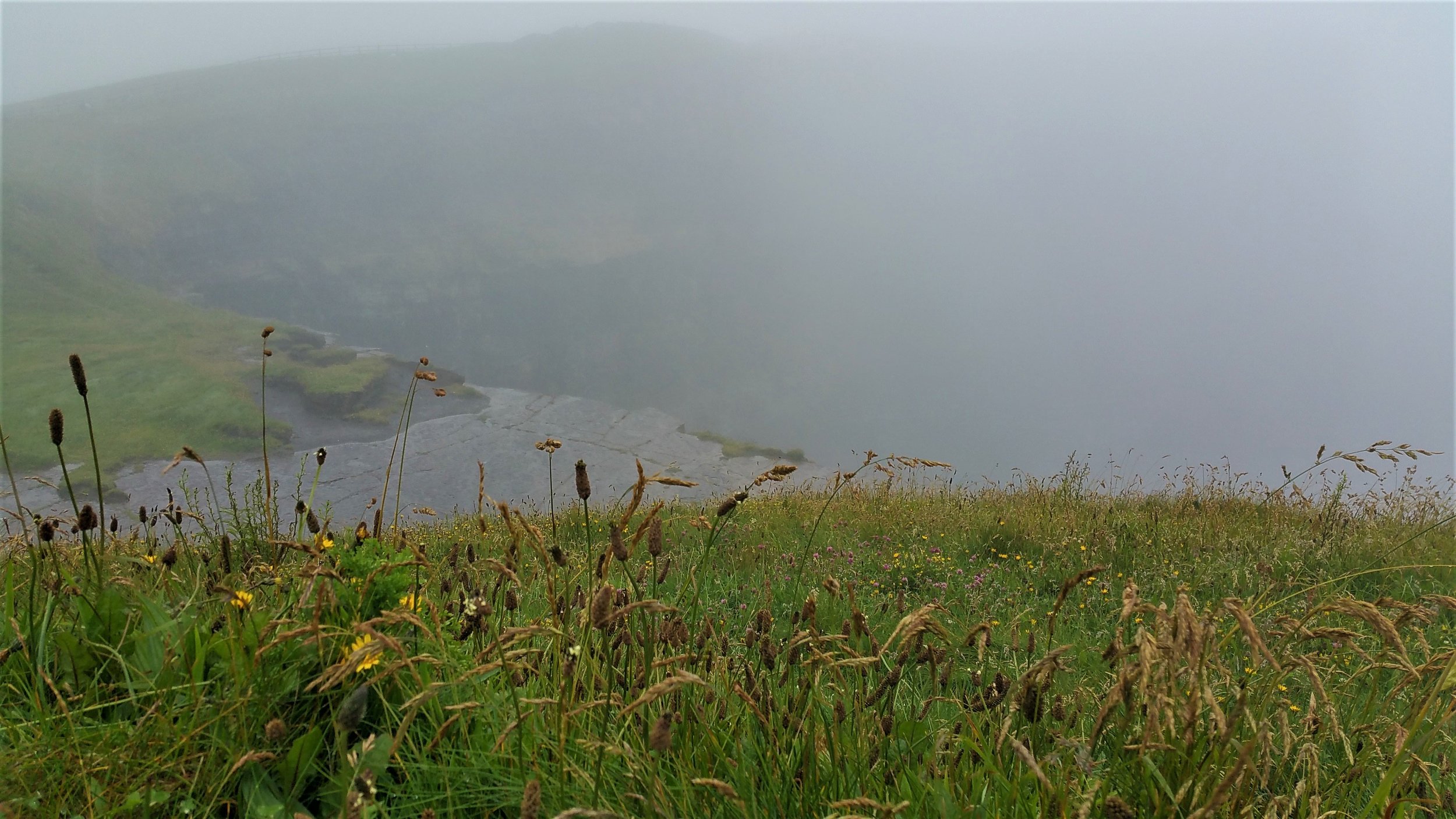I arise today...
Through God’s hand to guard me...
The Lorica of Saint Patrick (St. Patrick's Breastplate Prayer)
My sheep listen to my voice; I know them, and they follow me. I give them eternal life, and they shall never perish; no one will snatch them out of my hand. My Father, who has given them to me, is greater than all; no one can snatch them out of my Father’s hand. I and the Father are one.”
John 10:27-29
I will never forget an illustration I heard once from a Southern Baptist evangelist about God’s hand. He was preaching on this text from John 10 where Jesus promises that no one can “snatch his sheep out of his Father’s hand.”
Even if the Devil managed to pry open the all powerful grip of God’s hand, he would still have to swim through the blood of Jesus, and even then he would still have to unravel the Holy Spirit from our heart and soul, and by the time the Devil did all of that, the evangelist concluded, you would end up with a saved devil.
Looking back, I recognize the illustration is far from perfect, but I have to give it credit for being thoroughly Trinitarian, recognizing the power of Father, Son, and Holy Spirit in our salvation and in guarding our lives from the snares of temptation. It also reminds us, as the classic song says, that God indeed has “You and me brother, in his hands. You and me sister, in his hands. He’s got the whole world in Hands.”
Scripture tells us that God will uphold us with his strong right hand and guard us like the shepherd guards his sheep so that we will not be led astray.
It is interesting, though, that in back to back lines of this prayer we see first God’s hand guarding us and then next week, God’s shield protecting us. Yes, these are parallel images that have many similarities, but as with our distinction between “rock” and “earth” earlier in the prayer, it is worth exploring the distinctions here. We will come back to the image of God’s shield next week, but at first glance, it would seem a shield would be far preferable to a hand when it comes to guarding us. A shield is more generally more resilient to attack. A shield will not bleed when struck by the arrows of enemy archers. I am reminded of a Christian comedian who once joked about the common prayer for God to “raise up a hedge of protection around us.” “Doesn’t the devil have a pair of hedge-clippers?” he asked. “How about a steel reinforced concrete wall of protection? Surely God can do better than a hedge.”
And indeed, a shield does sound safer than a hedge or a hand, but there is something more personal about a hand. Rather than a scene of battle with shields and barricades, God’s hand calls to mind a more relational and even emotional image. To guard with one’s hand is a more loving gesture than simply locking someone in a safe room. It requires direct presence. God’s hand to guard us implies that God is right there with us, in person. God is not an absentee boss, but is willing to “get his hands dirty” in the mess of our everyday lives.
I picture the image of a parent in the car reaching out their hand instinctively to guard their child in the passenger seat after a sudden stop or perhaps that same parent reaching out to grab a younger child before they run into the street. Whereas a shield protects from external attack, the loving hand of a parent guards us by holding us back. The parent’s hand keeps us from hitting our head on the dashboard or from running headlong into traffic. The hand is a warning that tells us there is danger ahead.
It may be true that nothing can pry us out of God’s hand, or as Paul puts it, that nothing can separate us from God’s love (Romans 8:38). Nevertheless, perhaps some of us do not need another image of being smothered in the grip of an overprotective parent who won’t let go. Instead, may we take comfort in the image of an open hand, outstretched in front of us as a warning so that we will stop and become more aware of the dangers and temptations in our path.
Reflections:
1. What images does the idea of God’s hand raise in your imagination?
2. Reflect on a time when you felt smothered by God’s hand, as if he was ruling over your life with an iron fist? Looking back, how do you see God at work in that instance?
3. How does it feel to imagine God’s hand as a warning or a safeguard keeping you from stepping into harm or wandering astray? What emotions does that image stir in your heart? How might you respond to the presence of God’s loving hand in your life?
Our journey through St. Patrick's Breastplate Prayer continues next week:
... I arise today,
Through God’s shield to protect me…








